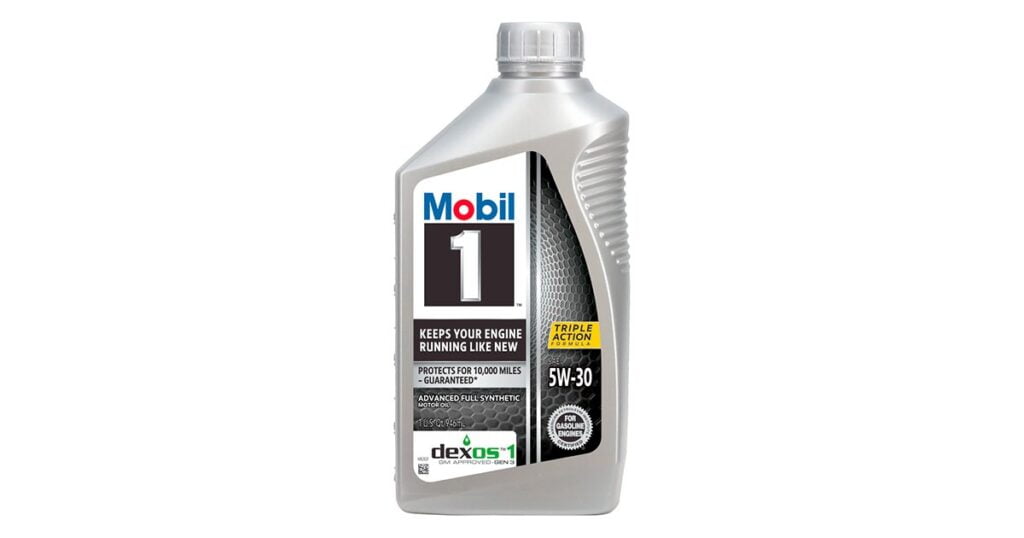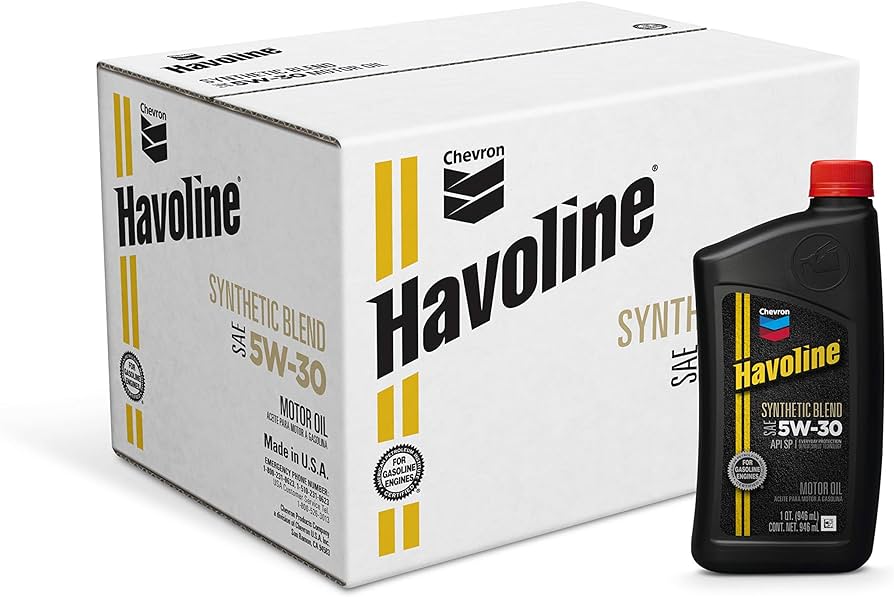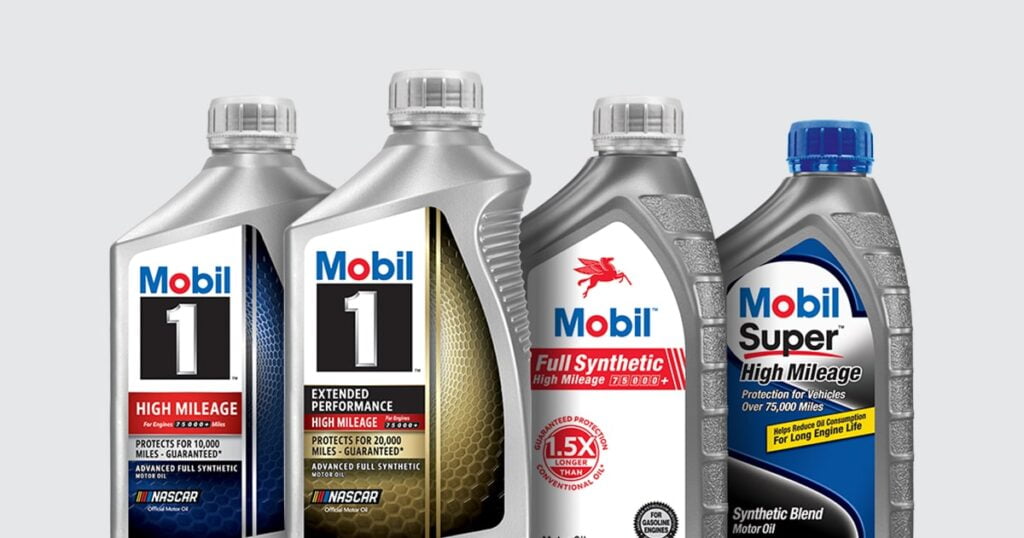Can I Use Semi Synthetic Oil Instead of Fully Synthetic? Find Out the Pros and Cons!
Yes, you can use semi-synthetic oil instead of fully synthetic oil without any immediate problems. However, semi-synthetic oil does not offer the same level of protection to your engine as fully synthetic oil and may result in reduced engine performance. Understanding The Difference Between Semi Synthetic And Fully Synthetic Oil Using semi-synthetic oil instead of fully synthetic oil may not cause immediate problems, but it may not offer the same level of engine protection and could result in reduced performance. While it is generally safe to switch from fully synthetic to semi-synthetic oil, it’s important to consider the specific needs of your engine before making the switch. Definition And Composition Of Semi-synthetic Oil Semi-synthetic oil, also known as synthetic blend oil, is a combination of mineral oil and synthetic base oil. It is created by blending a certain percentage of synthetic oil with traditional mineral oil. The exact composition may vary, but typically, semi-synthetic oil consists of around 30-40% synthetic oil and 70-60% mineral oil. Definition And Composition Of Fully Synthetic Oil Fully synthetic oil, as the name suggests, is made entirely from synthetic base oils and does not contain any mineral oil. It is manufactured through a complex process where the molecules are engineered to have uniform size and shape. This results in a highly refined oil with superior lubricating properties and enhanced performance. Key Differences Between The Two Types Of Oil Semi-synthetic oil is a blend of synthetic and mineral oil, while fully synthetic oil is made solely from synthetic base oils. Fully synthetic oil offers better engine protection compared to semi-synthetic oil. Its advanced formulation provides superior lubrication, reduces friction, and minimizes wear and tear on the engine components. Semi-synthetic oil, although offering some level of protection, does not match the performance benefits of fully synthetic oil. It may result in reduced engine performance and efficiency. Another significant difference is the cost. Semi-synthetic oil is generally less expensive compared to fully synthetic oil, making it more affordable for those looking for a better option than conventional mineral oil. In extreme heat, fully synthetic oil retains its engine protection capabilities for a longer time, while mineral oil can break down and lose its effectiveness. Credit: www.repairsmith.com Pros And Cons Of Using Semi Synthetic Oil Using semi-synthetic oil instead of fully synthetic oil comes with its own set of advantages and disadvantages. While it may be a cost-effective option and can offer adequate protection for standard driving conditions, it may not provide the same level of engine performance and protection as fully synthetic oil. Let’s explore the pros and cons of using semi-synthetic oil in more detail. Advantages Of Using Semi-synthetic Oil 1. Cost-effective option: Semi-synthetic oil is generally more affordable than fully synthetic oil, making it an attractive choice for those on a budget. 2. Compatibility with older engines: Semi-synthetic oil is often recommended for older engines that may not have been designed to handle the unique characteristics of fully synthetic oil. It offers protection and lubrication without putting excessive strain on these engines. 3. Adequate protection for standard driving conditions: Semi-synthetic oil provides adequate protection for everyday driving conditions, including stop-and-go traffic, commuting, and regular city or highway driving. Disadvantages Of Using Semi-synthetic Oil 1. Reduced engine performance and protection compared to fully synthetic oil: While semi-synthetic oil offers some level of engine protection, it may not match the advanced formulation of fully synthetic oil. Fully synthetic oil is engineered to provide superior lubrication and protection, especially in high-stress or extreme temperature conditions. 2. Limited benefits in extreme driving conditions or high-performance engines: If you frequently drive in harsh conditions such as extreme temperatures, heavy loads, or high speeds, fully synthetic oil is the better option. It can withstand these conditions and provide optimal performance, longevity, and protection for your engine. In summary, using semi-synthetic oil can be a cost-effective choice for older engines or standard driving conditions. However, it may not deliver the same level of engine performance, protection, and durability as fully synthetic oil, especially in extreme conditions or high-performance engines. Consider your driving habits, vehicle specifications, and manufacturer recommendations when deciding which type of oil to use for your engine. Pros And Cons Of Using Fully Synthetic Oil Switching from fully synthetic oil to semi-synthetic oil is generally safe and unlikely to cause immediate problems. However, it’s important to note that semi-synthetic oil may not provide the same level of engine protection and performance as fully synthetic oil. Consider your engine’s specific needs before making the switch. When it comes to choosing the right engine oil for your vehicle, there are several options available. One popular choice is fully synthetic oil, which offers a range of benefits compared to conventional and semi-synthetic oils. However, it is important to consider both the advantages and disadvantages of using fully synthetic oil before making a decision. Let’s dive into the pros and cons of using fully synthetic oil. Advantages Of Using Fully Synthetic Oil Using fully synthetic oil can provide maximum engine protection and performance. The advanced synthetic formulation of this oil offers superior lubrication, reducing friction and wear on engine parts. This translates into better engine reliability and longevity, ensuring your vehicle operates at its best for longer periods. Another advantage of fully synthetic oil is its enhanced resistance to temperature extremes. Whether you’re dealing with scorching hot summers or freezing cold winters, fully synthetic oil maintains its viscosity better than conventional oils. This means that it can effectively lubricate engine components even under extreme temperature conditions, minimizing engine stress and wear. Furthermore, fully synthetic oil allows for extended oil change intervals. Due to its superior stability and resistance to breakdown, this oil can last longer between changes compared to conventional and semi-synthetic oils. This not only saves you time and effort but also reduces the overall cost of maintenance in the long run. Disadvantages Of Using Fully Synthetic Oil One of the main disadvantages of using fully synthetic oil is its higher cost compared
Can I Use Semi Synthetic Oil Instead of Fully Synthetic? Find Out the Pros and Cons! Read More »






